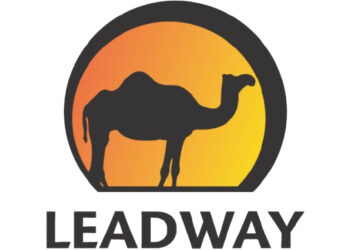The National Insurance Commission says it has mapped a clear direction for insurance supervision and this will be channelled through risk-based approach, a promise to the way and manner the regulator conducts its supervision and inspection of insurance entities.
The Commissioner of Insurance Sunday Thomas who addressed insurance directors at the 2021 conference in Lagos today on “Insurance Industry in a Changing World” said rapid changes has sprout from Covid pandemic in many fronts which have drastically opened doors of opportunities for many forward looking positive minds but the reverse for many who are not able to cope with the speed at which some of these changes appeared.
“It is on this premise that the Commission commenced the implementation of Risk Based Supervision (RBS) of the sector. We incepted the conduct of a pilot inspection of some select companies in September this year preparatory to full implementation and the reports are now being reviewed.” Firm on the way taken, NAICOM declares, “going forward, inspection of insurance entities will be on the RBS approach.”
Thomas also let the directors know that the implementation of International Financial Reporting Standards IFRS 17 dateline of 1st January 2023 “is right before us.” Reminding directors the Commission’s up to date approach, he explains, “Sufficient capacity building engagements have been conducted and sub-working groups inaugurated to facilitate the migration. You are therefore required to ensure that your entities are in full compliance and ready to the dateline.”
NAICOM explicitly let the directors know that insurance development in the country rests with them and the way to open the market is for them and their management teams to work closely to harness the market particularly the retail end.
On this issue like others, Thomas said the Commission is not prompting and laidback but, “is working assiduously to open up the market particularly the retail end, conducting engagements with various agencies and state governments with various agencies and state governments on the need to boost insurance culture across the country.”
Thomas after giving the ongoing efforts by the Commission, turns to the insurance directors, “However, the supply side which is the insurance companies must also be proactive with follow-ups in these places.”
His charge streams, “If the industry is desirous of having significant impact on the nation’s GDP, it therefore must take retail business seriously. This has to start from the policy level and the directions clearly spelt out. This also must be supported with massive awareness campaign about insurance products across the geo-political zones taken into consideration peculiarity of each of the regions.”








































